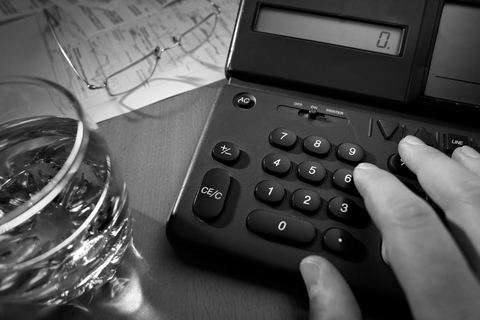
Be regular and orderly in your life so that you may be violent and original in your work. Gustave Flaubert, 1876.
Word count: 485 Reading time: 1-2 minutes
In the Pacific Northwest, this Easter weekend promises to be warm and sunny, heaven-sent. Along with Easter comes tax season so this is a good time to talk about the underbelly of the writing life: the administrative side. In his book Steal Like An Artist Austin Kleon advises writers to stay out of debt and keep our day jobs.
As a former tax auditor, I’d like to expand on Kleon’s nod to financial health:
- Keep each and every receipt for any cost that is even vaguely related to your creative efforts. If it’s $10 for coffee with a mechanic because you really need to know exactly which cable your character will cut to make the brakes fail, then write that on the back of the receipt. Establish the nexus between money spent and its relationship to your writing.
- If you attend events that don’t offer receipts, like some writer’s groups, keep clear notes of the date and time of the cost. A photo might be helpful. If there is a hyperlink or email about that event, add that to your file. Remember: contemporaneous notes can be highly persuasive.
- Take that receipt and throw it in a pile. Once a week, once a fortnight, or at least once a month organize your receipts. Sort them by type of cost: research, office supplies, writers’ groups, memberships, travel etc. You don’t need a fancy filing system: a couple of shoeboxes or some envelopes out of the recycling bin will do. You may not be able to claim everything you collect but in the question of what is and is not deductible, too much substantiation is always better than too little.
- By the start of March, take everything to your accountant. While it’s too late to do that this year, you can get ready for next year with a little forward planning. Remember – by the beginning of April, most Canadian and American tax preparers are skiing in front of the avalanche. You may not get their full attention.
- If you want to be very diligent, maybe invest in some basic bookkeeping software. Ask your accountant or tax preparer to recommend a good system for your needs. If you do your own tax preparation, google something like 'bookkeeping for writers' and start your research there.
Yes, this is uninspiring work, just like laundry or washing the dishes. Just like those chores, this is work that is never truly completed. It’s also more manageable in smaller increments. So why not pour yourself a glass of your favourite beverage, promise yourself some sort of treat for when you’re finished, and roll up your sleeves?
How do you manage your financial records? Do you do it as you go along or do you prefer the catch-up-at-end-of-year approach?

Photos:
Calculator by Daniel Schweinert Chocolate by Cristian Andre Matei